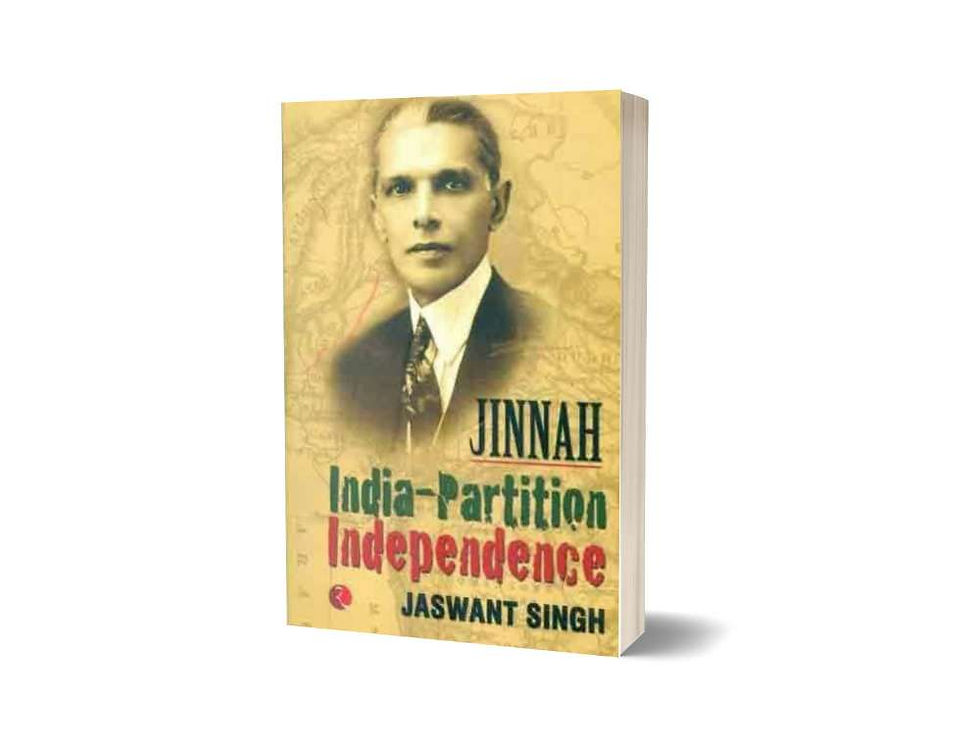Jinnah India-Partition Independence
- PustakBaaz

- Mar 23, 2023
- 1 min read
Jinnah India-Partition Independence is a seminal work by Jaswant Singh, a former Indian Minister of Defence, Finance, and External Affairs. The book explores the life and legacy of Mohammad Ali Jinnah, the founder of Pakistan, and his role in the partition of India in 1947.
Themes
The book is divided into four parts: "The Legacy of Partition," "The Making of Jinnah," "The Making of Pakistan," and "Jinnah and India Today." Singh provides a detailed and nuanced analysis of Jinnah's life, his political beliefs, and his vision for India and Pakistan. He also examines the various factors that led to the partition of India, including religious differences, political and economic factors, and the role of British colonialism.
Jinnah's portrayal in the book
One of the most significant aspects of the book is Singh's portrayal of Jinnah as a complex figure who was often misunderstood and misrepresented. Singh argues that Jinnah was not a religious fanatic or a separatist but a pragmatic politician who believed in the idea of a united India but was forced to support the partition due to the political circumstances of the time.
The impact of partition on India and Pakistan
Another important theme of the book is the continuing impact of partition on the people of India and Pakistan. Singh argues that the legacy of partition has created deep-seated mistrust and hostility between the two countries and has hindered their ability to cooperate on issues of mutual concern.
Jinnah India-Partition Independence is an essential read for anyone interested in the history and politics of South Asia. Singh's nuanced and insightful analysis provides a valuable perspective on one of the most significant events of the twentieth century.




Comments